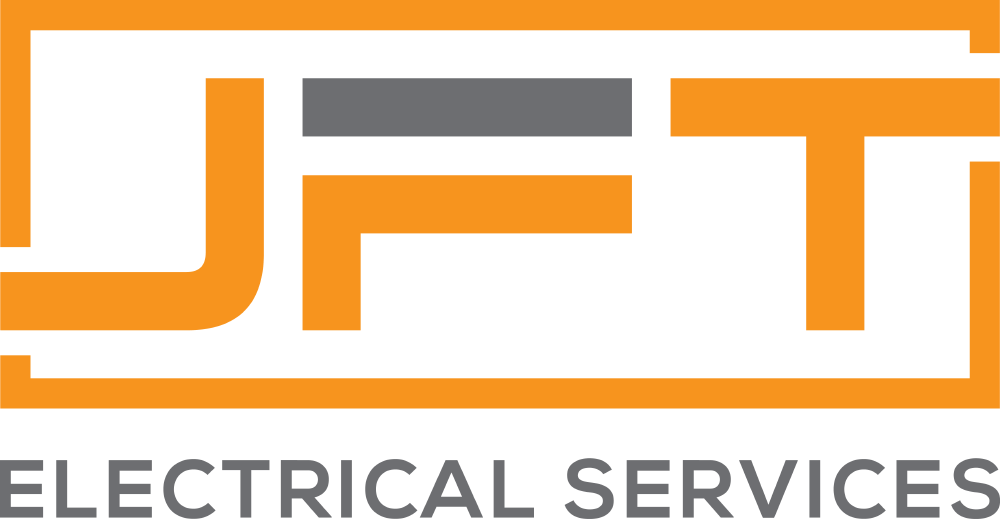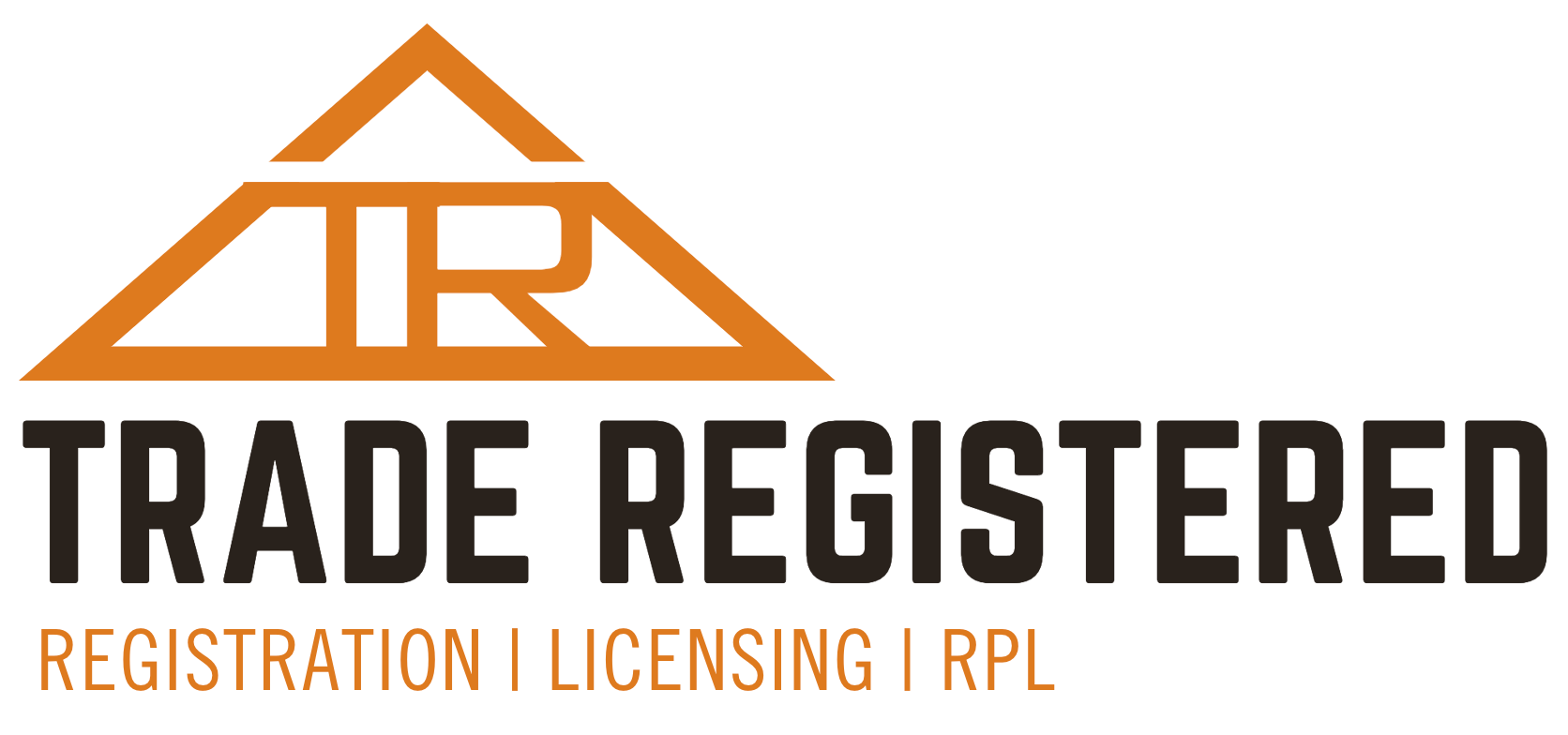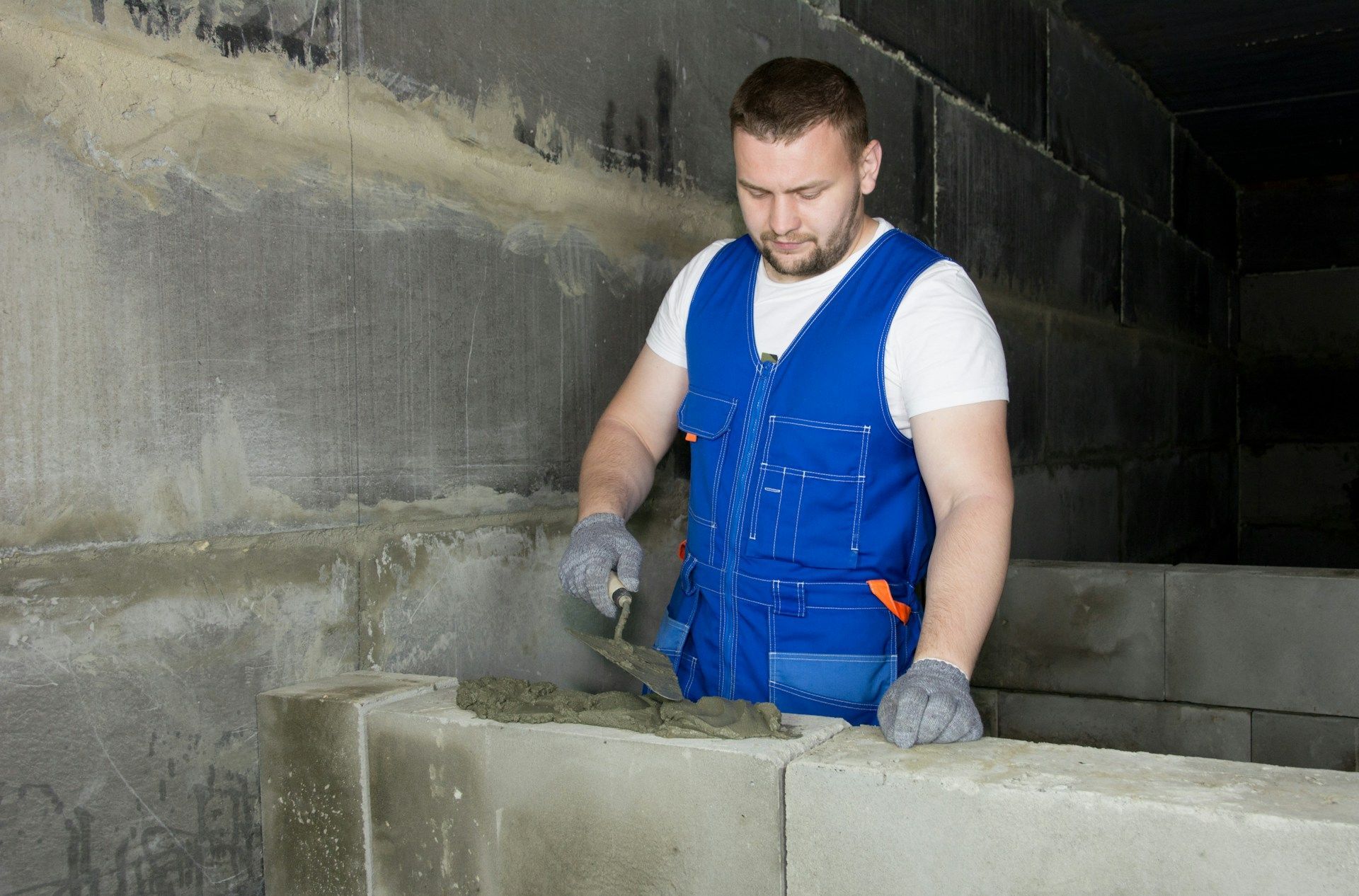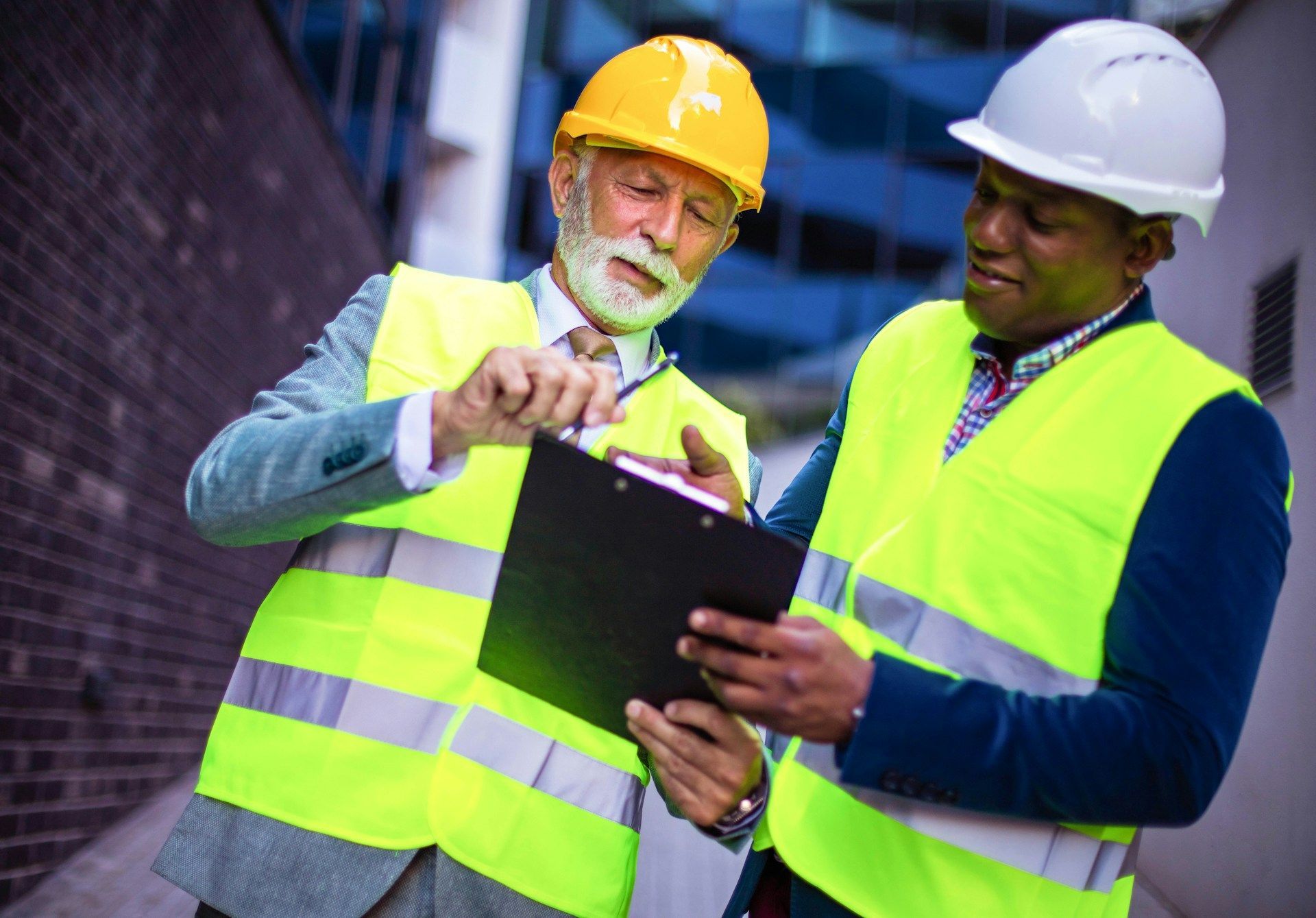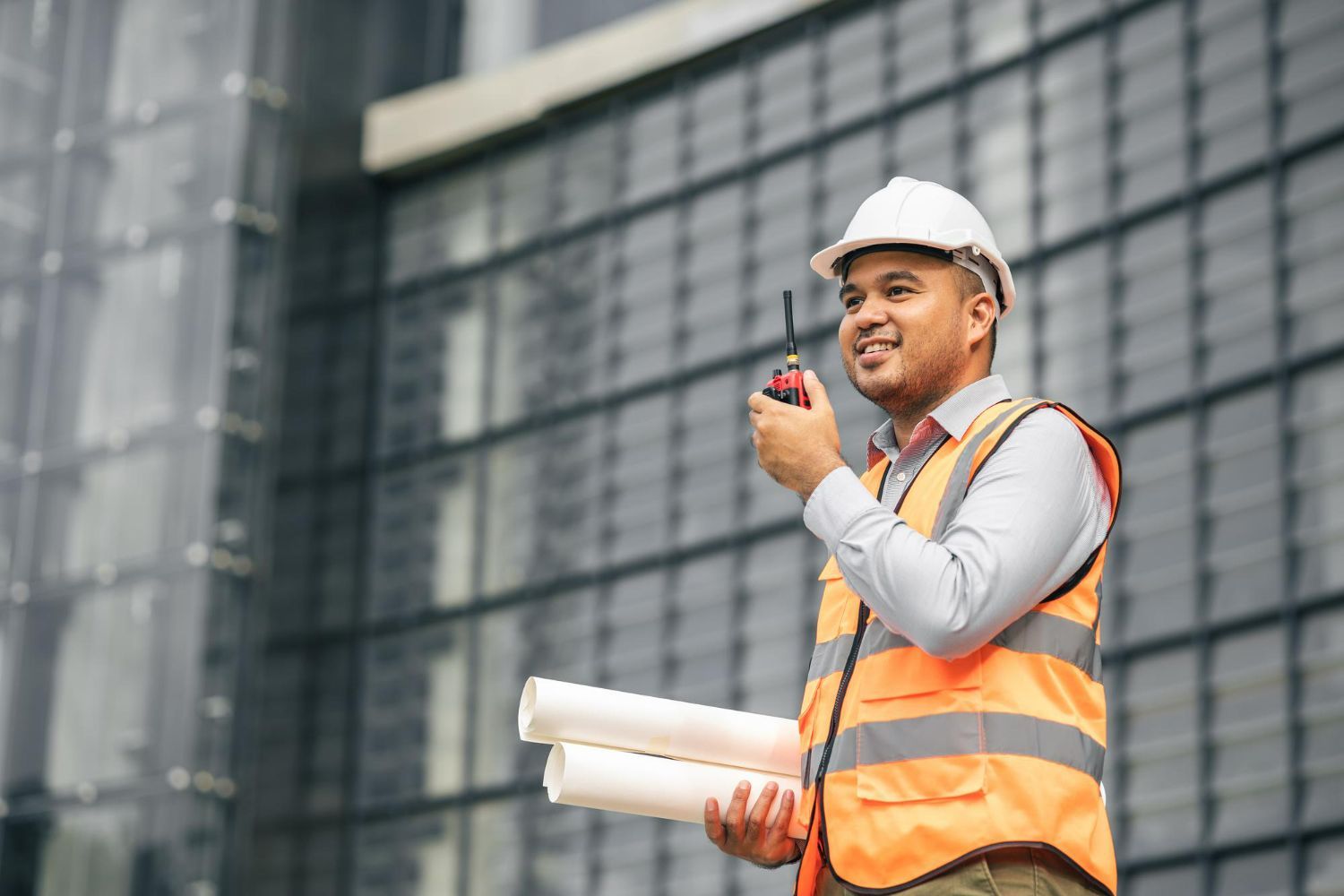Overcoming Common Challenges in Obtaining a Builders Licence in Victoria
Getting a builders licence in Victoria is a significant milestone that can propel your career in the construction industry. The process involves meeting several requirements, passing exams, and succeeding in an interview with the Victorian Building Authority (VBA). Your readiness for these steps is crucial in demonstrating your competency and securing your licence.
Understanding the Licensing Requirements
Obtaining a builders licence in Victoria requires meeting specific qualifications and standards set by the Victorian Building Authority (VBA). Firstly, you need to hold relevant educational qualifications. Typically, this involves completing a course in building and construction from a recognised institution. The course should cover essential aspects like project management, safety regulations, and technical skills. In some cases, equivalent qualifications from other states or territories might be recognised, so it's essential to check with the VBA.
Beyond education, having hands-on experience in the construction industry is crucial. This experience proves you can apply theoretical knowledge in real-world situations. The VBA often requires detailed documentation of your work history, including the types of projects you have worked on, your roles and responsibilities, and references from past employers or clients. This combination of formal education and practical experience is necessary to demonstrate overall competency and readiness to manage building projects independently.
Gathering and Organising Essential Documents
To apply for a builders licence, you'll need to gather several important documents. These include your educational certificates, proof of completed courses, and records of any additional training. Additionally, you will need to provide evidence of your work experience. This can include employment contracts, letters from employers, and references that outline your responsibilities in past projects. Detailed records of completed works will also help demonstrate your hands-on experience.
Keeping these documents organised and accessible is vital. One effective strategy is to create a comprehensive checklist that includes all required documentation. Use folders or digital storage solutions to categorise your documents, ensuring everything is easy to locate when needed. Labelling each document clearly and maintaining both hard copies and digital backups can prevent misplaced items and delays in your application process. A well-organised documentation system not only reduces stress but also shows your attention to detail, a quality highly valued in the building profession.
Detailed Explanation of Qualifications Needed
To secure a builders licence in Victoria, meeting specific qualifications is essential. The Victorian Building Authority (VBA) stipulates that applicants must hold relevant educational credentials in building and construction or a closely related field. This typically means completing a recognised tertiary qualification, such as a Diploma or Certificate in Building and Construction.
Qualifications demonstrate your foundational knowledge and technical understanding of the industry. Besides formal education, the VBA also values hands-on experience. This includes your involvement in various building projects, showcasing your ability to apply theoretical knowledge in real-world scenarios. Applicants often need to provide detailed documentation of their work experience, emphasising their specific roles and responsibilities.
Importance of Relevant Experience and Education
Experience in the building industry plays a crucial role in the licensing process. The VBA assesses your practical skills by examining your involvement in past projects. Detailed records of your contribution to these projects, including any challenges faced and solutions implemented, are necessary to prove your competency.
Educational background complements your experience, forming a comprehensive profile that the VBA can assess. It’s not enough to have qualifications; the practical application of your learning is equally important. Together, your education and experience ensure you are well-prepared to meet the high standards required to become a licensed builder in Victoria.
Gathering and Organising Essential Documents
List and Description of Necessary Documents
When applying for a builders licence, having your documentation in order is vital. Required documents typically include:
1. Educational Qualifications:
Certificates from recognised institutions.
2. Work Experience: Detailed records and descriptions of past projects.
3. Professional Indemnity Insurance: Proof of current coverage.
4. Financial Documents: Business financial statements and tax returns.
5. Industry References: Letters from previous employers, colleagues, or clients.
Each document must be accurate and up-to-date, reflecting your capabilities and professional history. Thoroughly review all required documentation and compile everything before starting your application.
Tips for Keeping Documents Organised and Accessible
Organisation is key to a smooth application process. Use clearly labelled folders, both physical and digital, to keep your documents sorted and easily accessible. Digital copies should be scanned at high quality and securely stored on a cloud service for easy sharing when required.
Create a checklist of required documents, marking each item as you gather it. This method ensures you don't overlook any critical paperwork. Regularly update your records, particularly financial statements and insurance coverage, to avoid issues with outdated documents. Staying organised reduces stress and helps you present a polished and professional application to the VBA.
Preparing for Exams and Interviews
Strategies for Effective Study and Preparation
Preparing for the licensing exams requires a strategic approach. Start by gathering study materials, such as textbooks, online resources, and sample questions related to building regulations and practices in Victoria. Create a study schedule that allows you to cover all topics systematically, delving deeply into areas where you feel less confident.
Engage in practice exams to familiarise yourself with the exam format and the types of questions you will encounter. Regular reviewing and self-assessment can help reinforce your knowledge and identify any gaps. Consider joining study groups or refresher courses for additional support and insights from peers and professionals.
Key Interview Topics and How to Address Them Confidently
The VBA interview assesses your practical knowledge and experience. Typical questions revolve around past projects, problem-solving scenarios, and your understanding of building codes and regulations. To prepare, review your project history and be ready to discuss details such as project size, scope, challenges, and your role.
Confidence is crucial in the interview. Practice articulating your responses clearly and concisely. Mock interviews with colleagues or mentors can provide valuable feedback and help you refine your delivery. Be honest about your experiences and prepared to discuss both successes and learning moments in your career.
Navigating Common Application Pitfalls
Frequent Mistakes and How to Avoid Them
Errors in your application can cause delays or rejections. Common mistakes include incomplete forms, incorrect information, and missing documents. Double-check your application for accuracy and completeness before submission.
Another frequent issue is insufficient or poorly documented experience. Make sure your project descriptions are detailed and comprehensively cover your responsibilities and contributions. Clear, well-prepared documentation can significantly improve your application's strength.
Guidance on Correctly Filling Out the Application Form
Filling out the application form accurately is essential. Take your time to read each section carefully and provide complete and correct information. If you’re unsure about any part of the form, consult the VBA guidelines or seek professional advice to ensure accuracy.
Pay particular attention to sections requiring detailed descriptions, such as your experience and qualifications. Clear, concise, and well-organised information makes it easier for the VBA to assess your application. Always review your answers and documentation before final submission to avoid any discrepancies.
Steps to Take If Your Application Is Rejected
Rejection can be disheartening, but it's not the end of the road. Understand the reasons for the rejection by reviewing the feedback provided by the VBA. Address the identified gaps or issues in your application and gather additional documents or evidence if necessary.
Consider re-application once you've made the necessary improvements. You may also seek guidance from a professional service that specialises in builder licensing applications, which can provide valuable insights and support in enhancing your resubmission.
Conclusion
Preparing for the Victorian builder licensing exam and interview is a thorough process that requires careful planning, organisation, and a solid understanding of both theoretical and practical aspects of the building industry. From gathering your qualifications and experience to mastering the exam content and interview strategies, each step plays a critical role in your success.
Completing the licensing process not only validates your skills but also opens up numerous opportunities in the building sector. Stay focused, be diligent in your preparation, and don't hesitate to seek guidance if needed.
If you need expert assistance at any stage of your licensing journey, whether it’s gathering documentation or preparing for interviews, Trade Registered is here to help. Our comprehensive services ensure that you're well-prepared and confident throughout the entire process. Contact Trade Registered to streamline your path to getting a
builders licence in Victoria.
